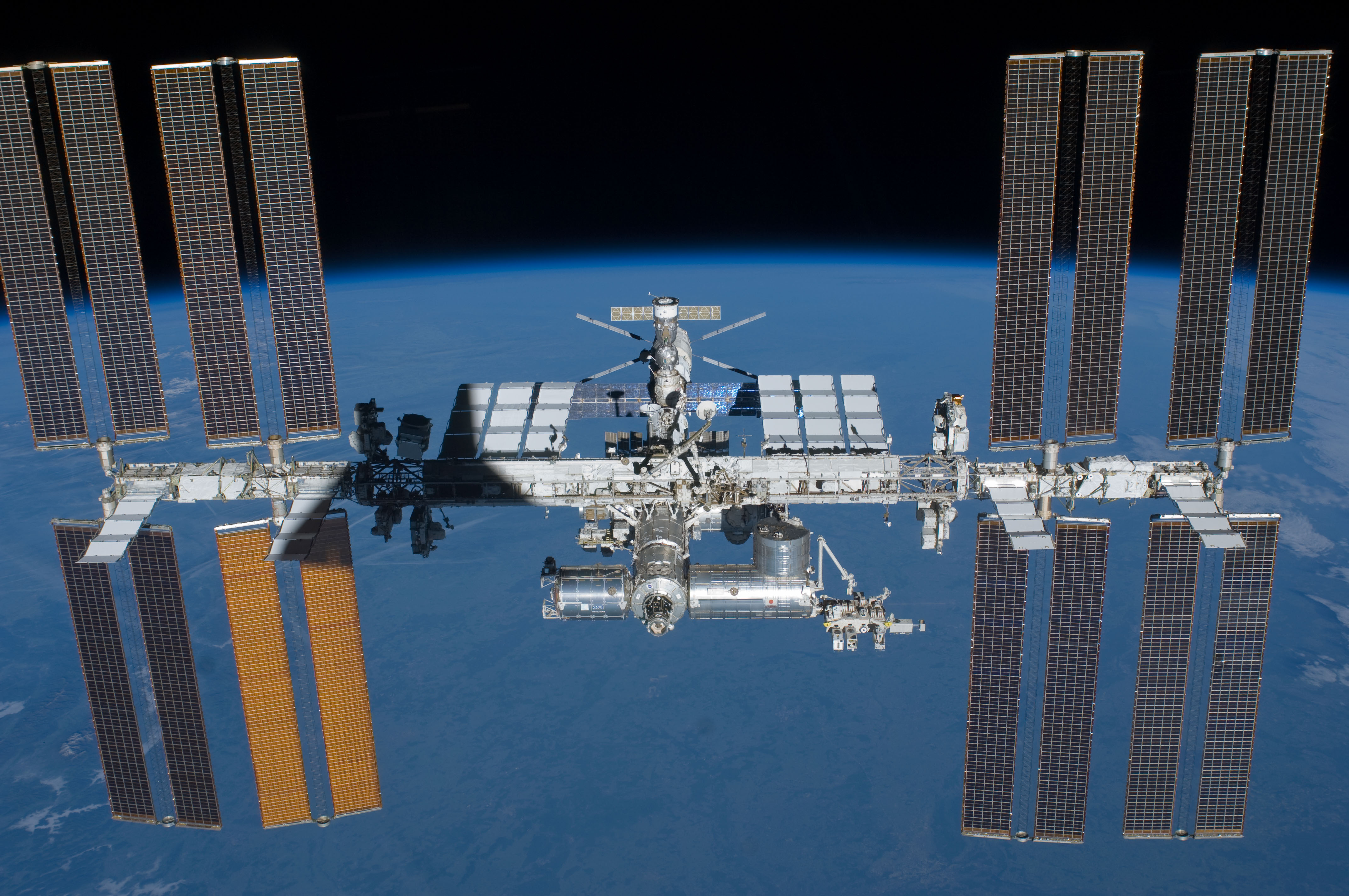International_Space_Station.jpg

Part 1 of 5 Parts
I have posted about the effects of space on human health before. This is obviously a critical question when considering the human exploration and exploitation of space. If humanity is going to become a space-faring species, we have to deal with health issues. It turns out that extended space missions affect many different systems in a human body. Microgravity seems to be a major cause of health issues. Radiation beyond the protection of the Earth’s atmosphere and radiation belts is also dangerous to astronauts. It also turns out that bacteria tends to mutate into more dangerous forms in space habitats but this has not been extensively studied yet.
Mark and Scott Kelly are twins. Both were trained as astronauts. Mark retired in 2011 and Scott is still active in NASA space missions. In 2016, NASA decided to do a detailed comparison between the brothers when Scott was sent into space to spend a year at the International Space Station (ISS) and Mark stayed home on Earth. Samples were taken from both of the twins before, during and after Scott’s ISS mission.
The NASA Twins Study analyzed how each of the twins’ biomarkers evolved during Scott’s one year ISS mission. The study was made up of ten distinct research projects. Each project focused on a different aspect of the human body. The findings of all the projects were integrated into a summary paper. Here is a summary of the most recent findings for each of the projects as of 2018.
#1 – Telomeres get longer during spaceflight
Telomeres are caps that shield the ends of our chromosomes. They protect DNA from damage and degradation. Susan Bailey of Colorado State University led a study in which researchers tracked the length of the twins’ telomeres before, during and after Scott’s yearlong spaceflight. They found that Scott’s telomeres increased significantly in length while he was in space. The telomeres of the Earthbound brother, Mark, stayed relatively stable during the same period. Previous research has indicated that longer telomeres are associated with fewer age-related problems. Although Scott’s telomeres lengthened while he was in space, upon his return to Earth, they underwent rapid shortening only forty-eight hours after he landed. Eventually, they returned to the same length they had been before the flight. The researchers believe that the temporary lengthening of Mark’s telomeres might have been a side effect of his rigorous exercise routine and restricted, low-calorie diet while in orbit.
#2 – Decreased body mass and increased folate in orbit
Scott M. Smith at the NASA Johnson Space Center monitored the biochemical profiles of each twin to identify any changes. In order to do this, his team tracked the twins’ height and weight and analyzed their blood and urine samples for the whole mission. The researchers discovered that Scott’s body mass dropped significantly during his time in orbit. In addition, they found that his levels of folate significantly increased. Folate is a beneficial form of folic acid often used to treat anemia. Much like Bailey’s findings with respect to telomere lengthening, Smith believes that the drop in Scott’s body mass and increase in folate could be a result of eating healthier and exercising more often while in orbit.
Please read Part 2 next